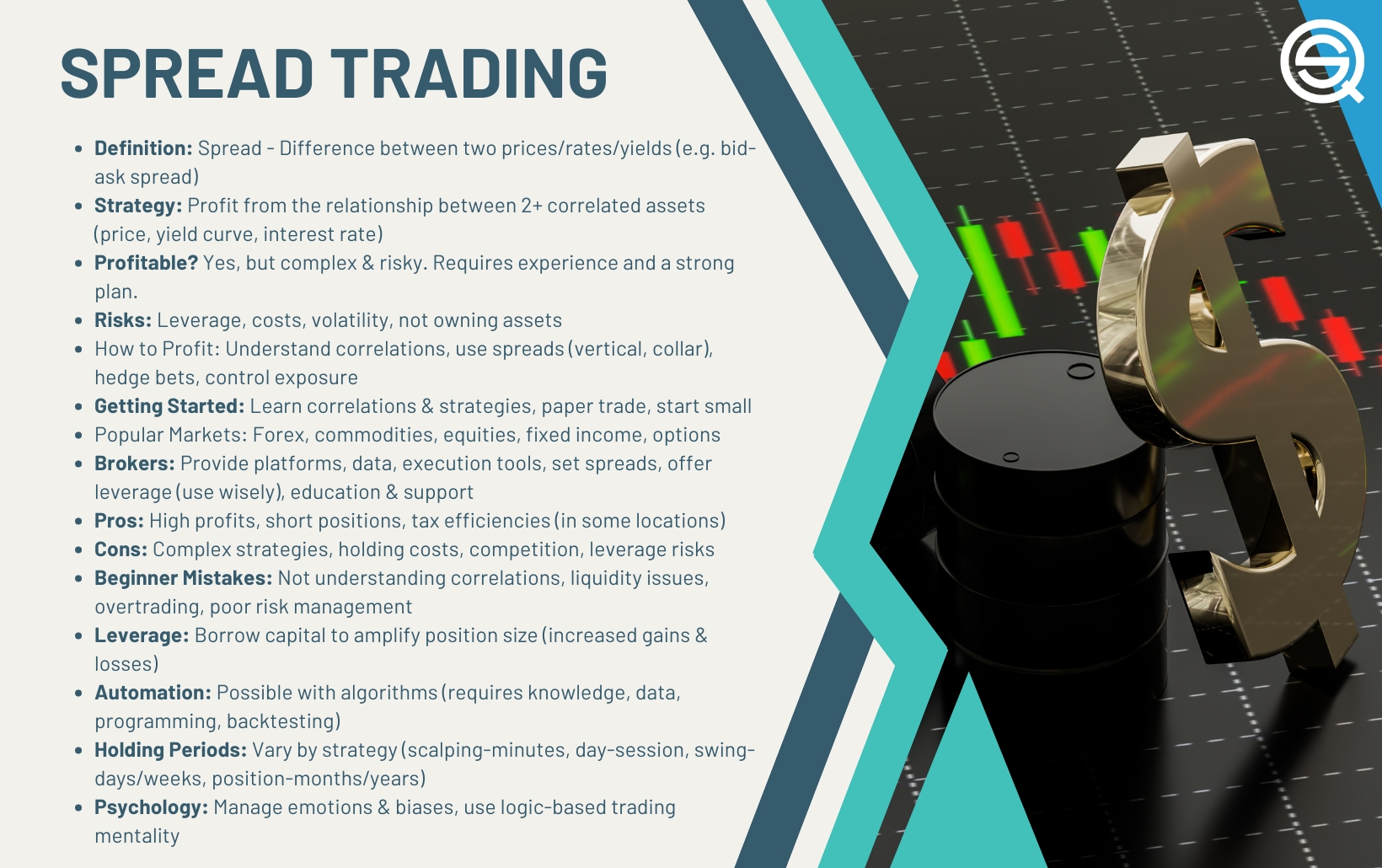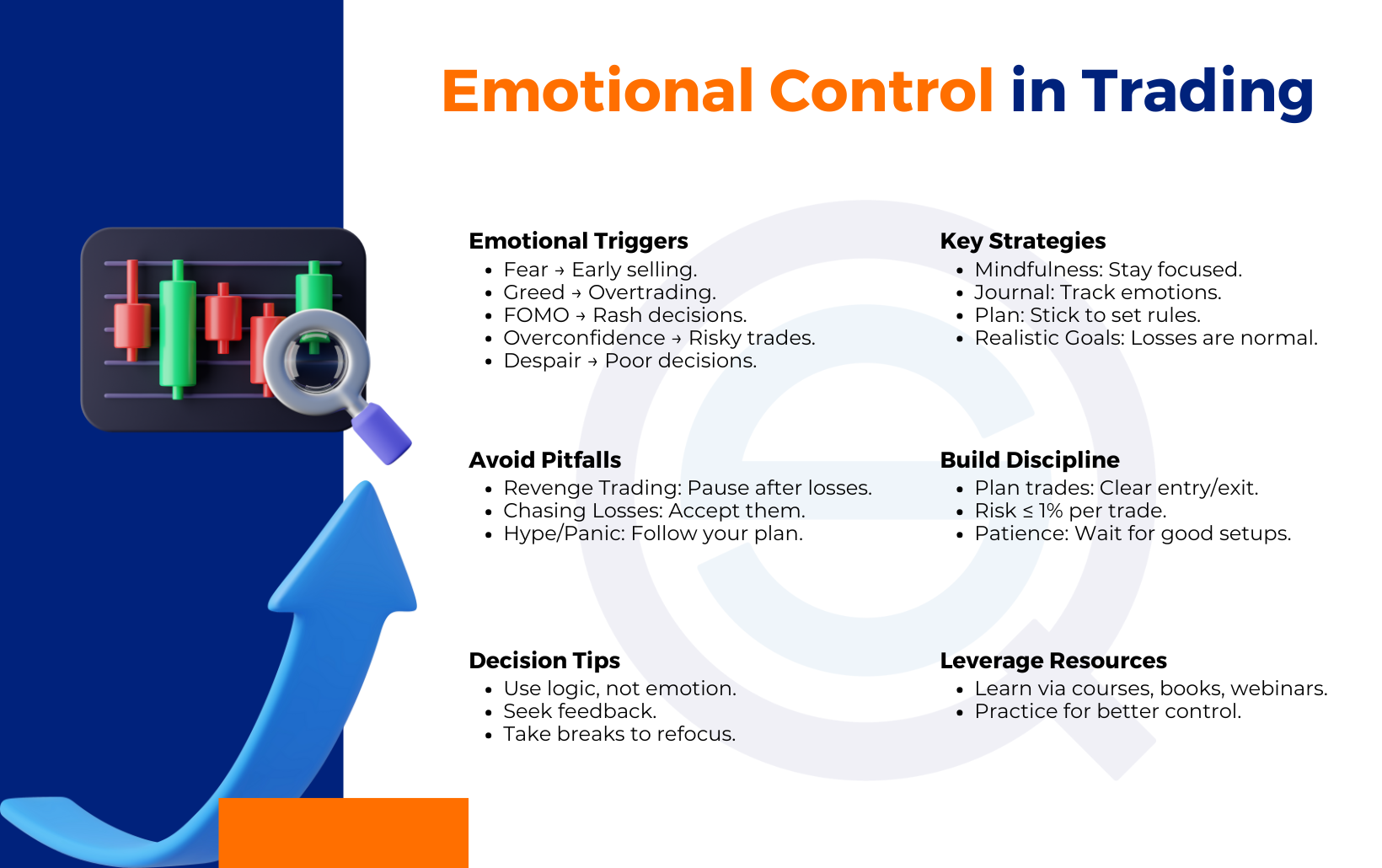Did you know that some day traders think they can trade their way to fortune faster than a cheetah on roller skates? However, the reality is that overtrading can be a significant risk that derails even the most promising trading strategies. In this article, we explore why overtrading leads to financial losses and how it heightens the risk of costly mistakes. We’ll identify the signs of overtrading, its emotional triggers, and the impact it has on trading discipline and profitability. Additionally, we’ll discuss the detrimental effects on capital preservation and transaction costs, especially in volatile markets. Finally, we’ll provide actionable strategies from DayTradingBusiness to help you recognize and prevent overtrading, ensuring a more disciplined and successful trading experience.
Why does overtrading lead to financial losses?
Overtrading causes financial losses because it leads traders to take excessive positions, spreading their capital thin and increasing transaction costs. It often results in impulsive decisions driven by emotions rather than strategy, leading to poor entry and exit points. When traders chase every market move, they miss crucial signals, amplifying risks of big losses. Overtrading also depletes account balances quickly due to frequent trades and high fees, leaving little room for recovery after setbacks.
How does overtrading increase the risk of mistakes?
Overtrading makes day traders more prone to mistakes because it leads to rushed decisions, emotional exhaustion, and less focus on each trade. When traders chase too many positions, they ignore proper analysis, increasing errors. It also depletes mental resources, making it harder to spot errors or stick to their strategy. The constant pressure to execute trades without careful evaluation raises the chance of costly mistakes.
What are the signs of overtrading in day trading?
Signs of overtrading in day trading include excessive trade frequency, chasing losses, skipping analysis, and emotional decisions. It often leads to bigger losses, increased transaction costs, and burnout. Overtrading drains your capital and blurs judgment, making mistakes more likely and risking your overall trading account.
Why is overtrading linked to emotional decision-making?
Overtrading fuels emotional decisions because traders chase quick profits, driven by fear of missing out or revenge trading after losses. This impulsive behavior clouds judgment, leading to inconsistent, risky trades. When emotions take over, traders ignore their strategies, increasing the chance of costly mistakes.
How does overtrading affect a trader’s profitability?
Overtrading drains a trader’s profitability by increasing transaction costs, such as commissions and spreads, which cut into profits. It leads to impulsive decisions, causing losses from poor timing and overexposure. Overtrading also exhausts mental energy, impairing judgment and risking bigger mistakes. In the end, frequent trades driven by emotion rather than strategy often result in net losses.
What role does overtrading play in increasing transaction costs?

Overtrading increases transaction costs because it leads to more frequent trades, each incurring fees like commissions, spreads, and slippage. This eats into profits and can turn small gains into losses. For day traders, overtrading also amplifies the impact of bid-ask spreads and market volatility, making each trade more expensive and risky.
How can overtrading cause burnout for day traders?
Overtrading exhausts a day trader’s mental and emotional energy, leading to fatigue and poor decision-making. Constantly entering and exiting trades without proper analysis increases stress and mistakes. It can cause impulsive actions driven by greed or fear, raising the risk of significant losses. Overtrading also drains capital faster, forcing traders to push harder to recover, heightening burnout risk. This relentless cycle wears down discipline, making traders more vulnerable to emotional collapse and burnout.
Why does overtrading lead to poor risk management?
Overtrading leads to poor risk management because it causes traders to take excessive positions, increasing exposure to market swings. It often results in impulsive decisions, ignoring stop-loss rules and risk limits. This behavior spreads capital thin, making it harder to recover from losses. Overtrading also clouds judgment, leading to emotional trading rather than strategic moves. Ultimately, it amplifies potential losses and undermines disciplined risk control.
How does overtrading impact trading discipline?
Overtrading erodes discipline by tempting traders to make impulsive, unnecessary trades, leading to emotional decisions. It causes traders to ignore their strategies, chase losses, and increase risk, which can quickly deplete their capital. This behavior undermines patience and focus, making disciplined trading habits harder to maintain.
What are the common psychological triggers for overtrading?
Common psychological triggers for overtrading include greed, the desire to recover losses quickly, fear of missing out (FOMO), and impulsiveness. These triggers push traders to enter multiple trades beyond their strategy, increasing risk. Overtrading often stems from emotional reactions rather than disciplined analysis, leading to poor decisions and significant losses.
How can overtrading reduce a trader’s overall success rate?
Overtrading leads to impulsive decisions, increasing mistakes and transaction costs. It drains capital quickly, reducing profit margins. Frequent trades often result in poor timing, causing losses. This behavior erodes confidence and discipline, making consistent success harder. Overtrading shifts focus from strategy to emotion, lowering overall success rate.
Why is overtrading harmful during volatile markets?
Overtrading in volatile markets increases emotional decisions, leading to bigger losses. It causes traders to take unnecessary risks, exhausting their capital quickly. Frequent trades also rack up transaction costs, eating into profits. When markets swing wildly, overtrading amplifies mistakes and prevents proper analysis, risking account depletion. It often results in impulsive moves rather than strategic planning, making losses more likely.
How does overtrading affect a trader’s capital preservation?
Overtrading depletes a trader’s capital quickly by causing impulsive trades and increasing transaction costs. It leads to larger losses when trades don’t align with the strategy, risking account balance. Overtrading also erodes funds through emotional decisions, making it harder to recover from losses. Ultimately, it jeopardizes capital preservation by pushing traders into risky, unfocused positions.
What strategies help prevent overtrading?
Setting strict trading limits and a daily risk cap prevents overtrading. Using a detailed trading plan keeps emotions in check. Focusing on quality setups rather than quantity reduces impulsive trades. Taking regular breaks helps avoid fatigue-driven mistakes. Tracking and reviewing trades reveals patterns of overtrading, prompting adjustments. These strategies help day traders stay disciplined and avoid the pitfalls of overtrading.
How can traders recognize and stop overtrading early?

Traders recognize overtrading early by noticing excessive trade frequency, emotional decisions, and declining discipline. They can set strict daily trading limits and use stop-loss orders to prevent impulsive trades. Tracking trades and reviewing them helps identify patterns of overtrading before losses mount. Staying focused on quality setups rather than volume keeps trading disciplined. Overtrading risks losing capital quickly, increasing emotional stress, and making poor decisions, all of which threaten long-term success.
Why does overtrading often result in larger losses than planned?
Overtrading leads to larger losses because it causes traders to take excessive positions without proper risk management. It often results in impulsive decisions, increasing exposure to market swings. More trades mean higher transaction costs and emotional strain, which can cloud judgment. When traders chase every opportunity, small losses compound quickly into significant ones. Overtrading also erodes capital faster, making it harder to recover from setbacks.
Conclusion about Why does overtrading pose a risk to day traders?
In summary, overtrading is a significant risk for day traders, leading to financial losses, increased mistakes, and emotional decision-making. Recognizing the signs of overtrading and understanding its detrimental impact on profitability, transaction costs, and risk management is crucial. By adopting effective strategies to prevent overtrading, traders can enhance their discipline, preserve their capital, and improve their overall success rate. For further insights and support in navigating these challenges, DayTradingBusiness is here to help you stay informed and successful in your trading journey.
Learn about Why is leverage risk significant for day traders?